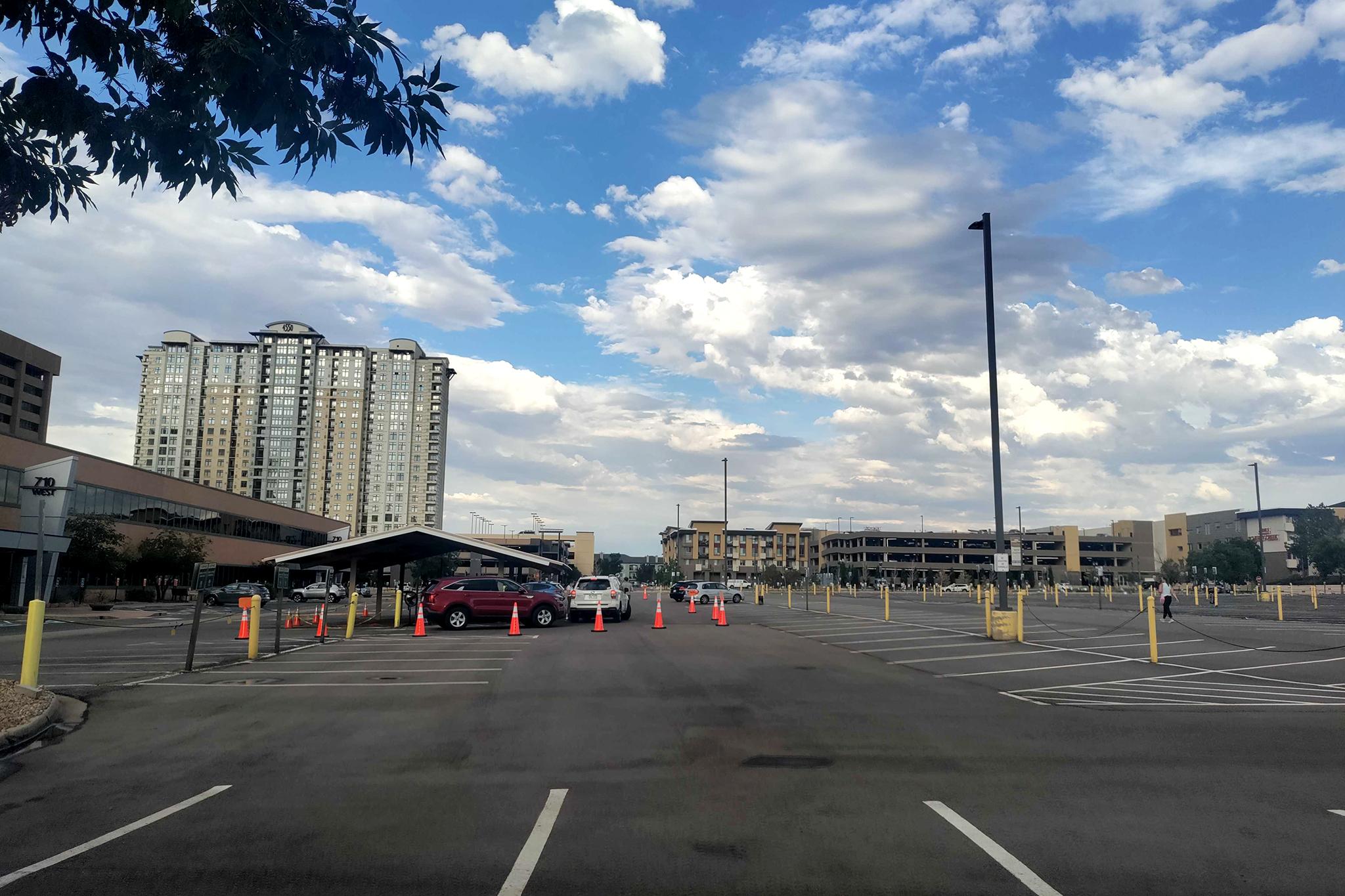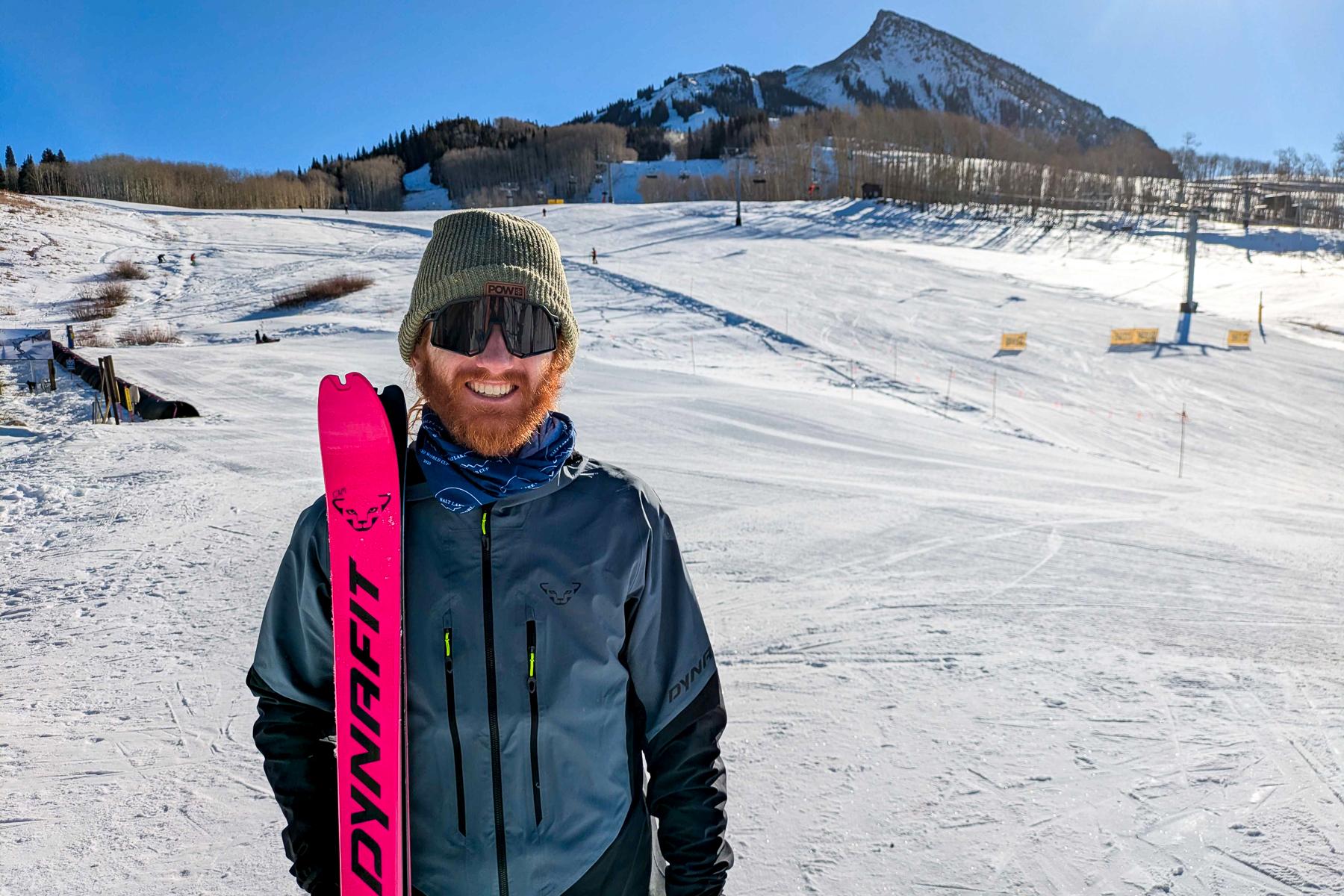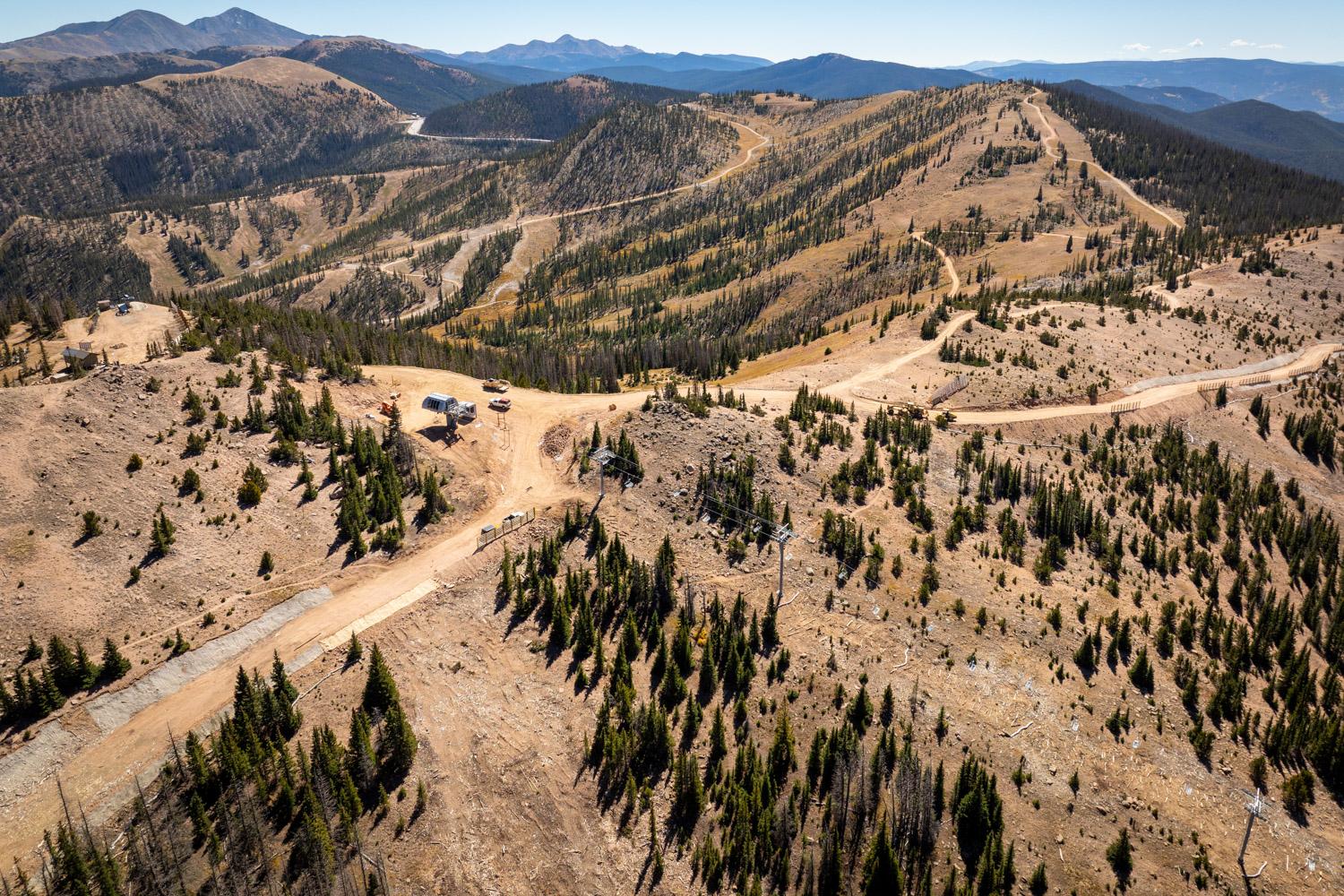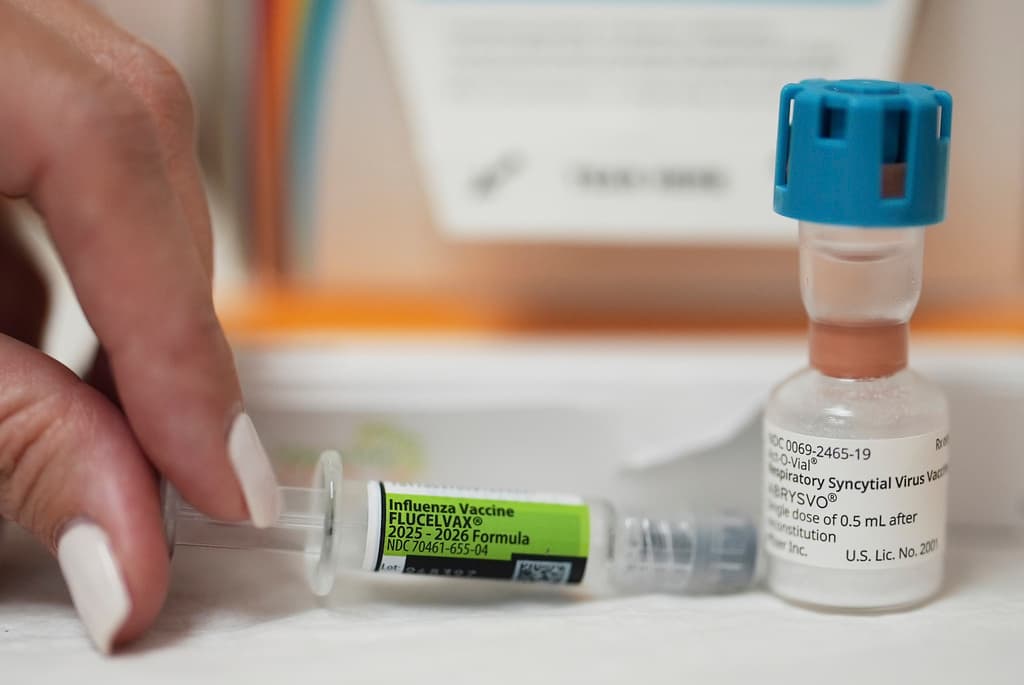
Monkeypox vaccine recipients will have to wait longer to get their second doses due to low supply nationwide, officials with Colorado’s health department said Thursday.
Instead, the Colorado Department of Public Health and Environment will prioritize getting the first dose to as many people as possible, to try to protect high-risk Coloradans. Starting this week, eligible patients will get just one jab of the two-dose Jynneos vaccine, the department said in a statement.
Roughly 1,100 people have gotten their first dose of vaccine at pop-up clinics since the beginning of July. CDPHE said it sent notifications about the change in the rollout to all participants through text messages.
“We will use all our doses on hand to vaccinate as many eligible people as we are able,” said Eric France, CDPHE’s chief medical officer, in the statement. “We do expect more doses to come from the federal government that we can then use for second dose administration.”
Monkeypox risk to the general public in Colorado remains low for now, CDPHE said, but case numbers are rising.
The state has confirmed 29 cases of the disease so far in July — a fourfold increase over June numbers.
The vaccine being sent to states from a federal stockpile — Jynneos — is typically given as a preventative two-dose series. But one dose is enough to offer protection from severe monkeypox for up to two years, according to data from clinical trials.
There is no maximum interval between the first and second doses of the vaccination series, and the second dose can be safely administered after the recommended 28-day window, according to CDPHE.
A first dose of the vaccine can also help prevent serious illness in someone who has already been exposed to monkeypox, as long as it’s given within four days after exposure.
Clinic slots are available in Colorado for people considered at the highest risk for catching the virus in the current global outbreak. The group includes gay and bisexual men, as well as any men who have sex with other men.
The monkeypox virus can infect anyone, regardless of sexual orientation. It spreads mainly through skin-to-skin contact with an infected individual. The disease is rarely deadly, with a fatality rate of less than one percent.
Symptoms can last up to four weeks and include fever, headache, muscle aches, swollen lymph nodes and exhaustion. Typically, a rash or skin bumps develop after the onset of a fever, beginning on the face and spreading to other parts of the body.
CDPHE plans to continue offering vaccines through pop-up clinics in the coming weeks. The state has also enrolled at least 22 local public health agencies and sexual health clinics to help administer doses once supply increases in the future.
It’s unclear when supplies may increase. The federal government recently purchased an additional 2.5 million doses for the Strategic National Stockpile and is doling out vaccines to states based on case counts and population size, CDPHE said.
Patients waiting on their second dose from CDPHE should watch for a text notification to schedule their appointment.









